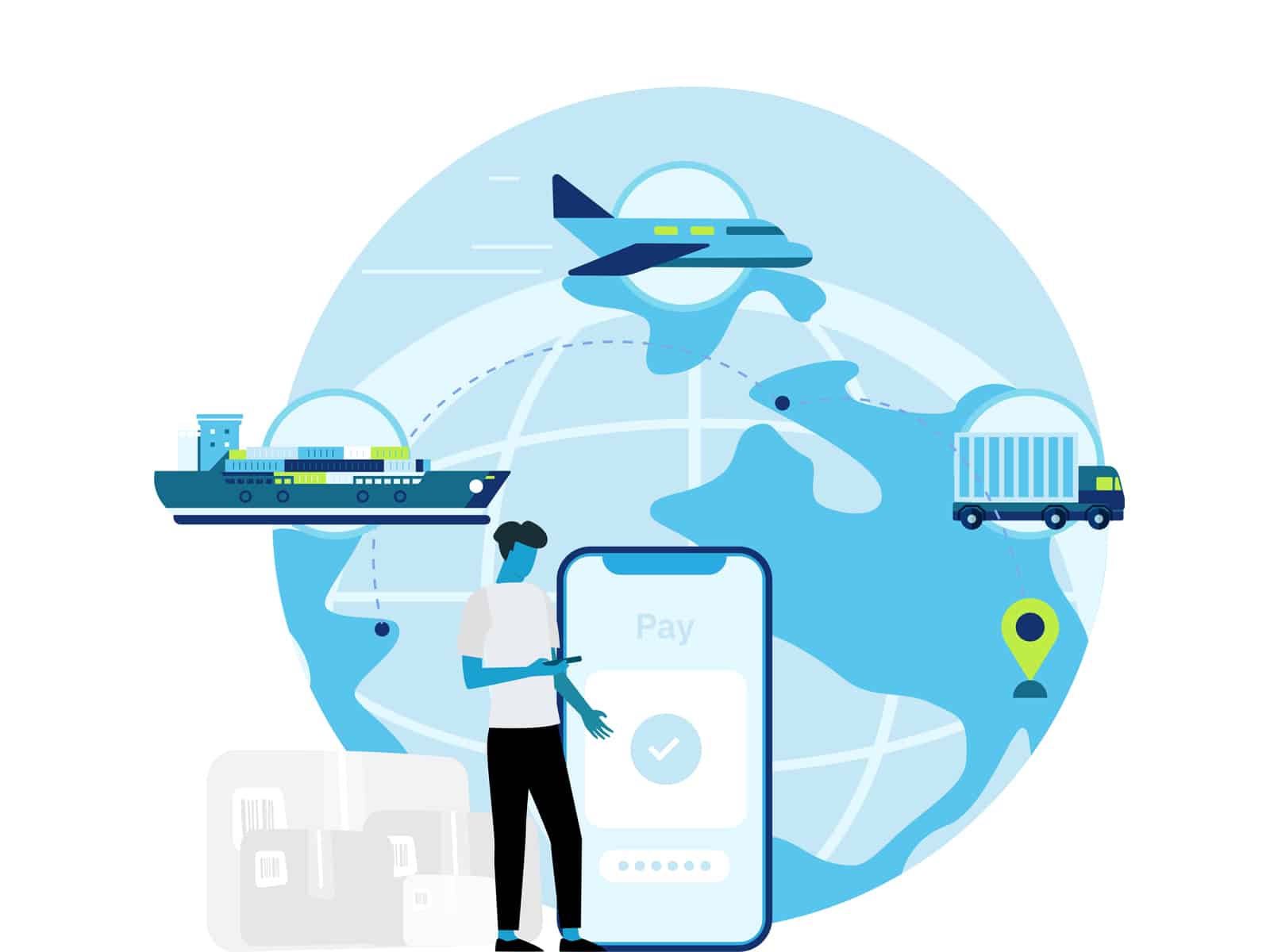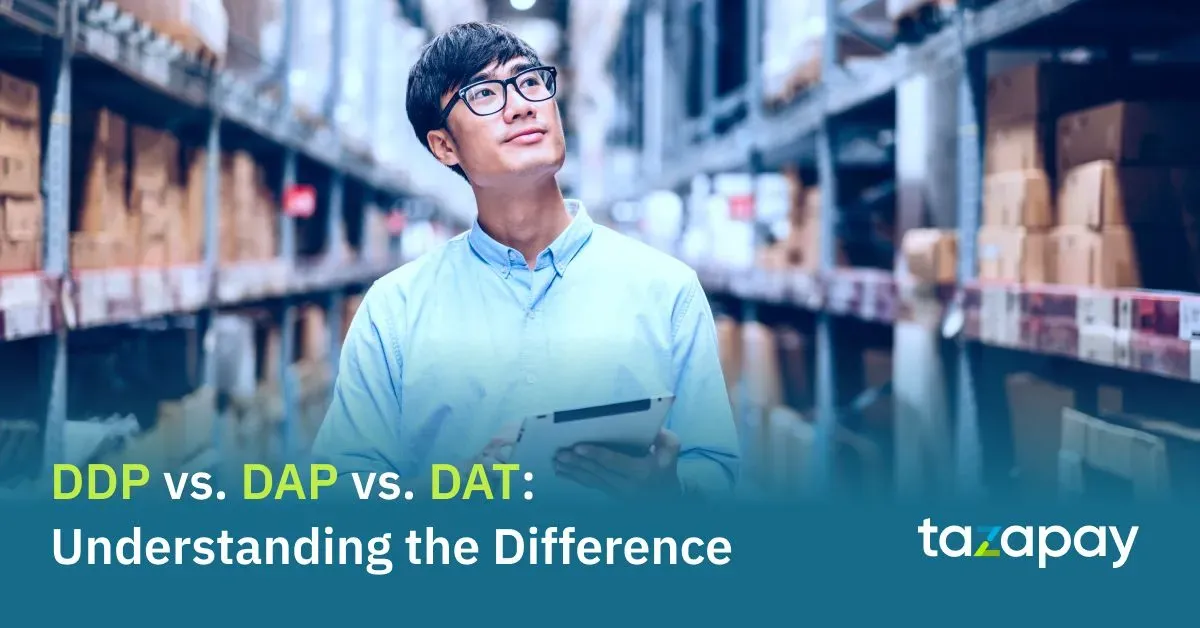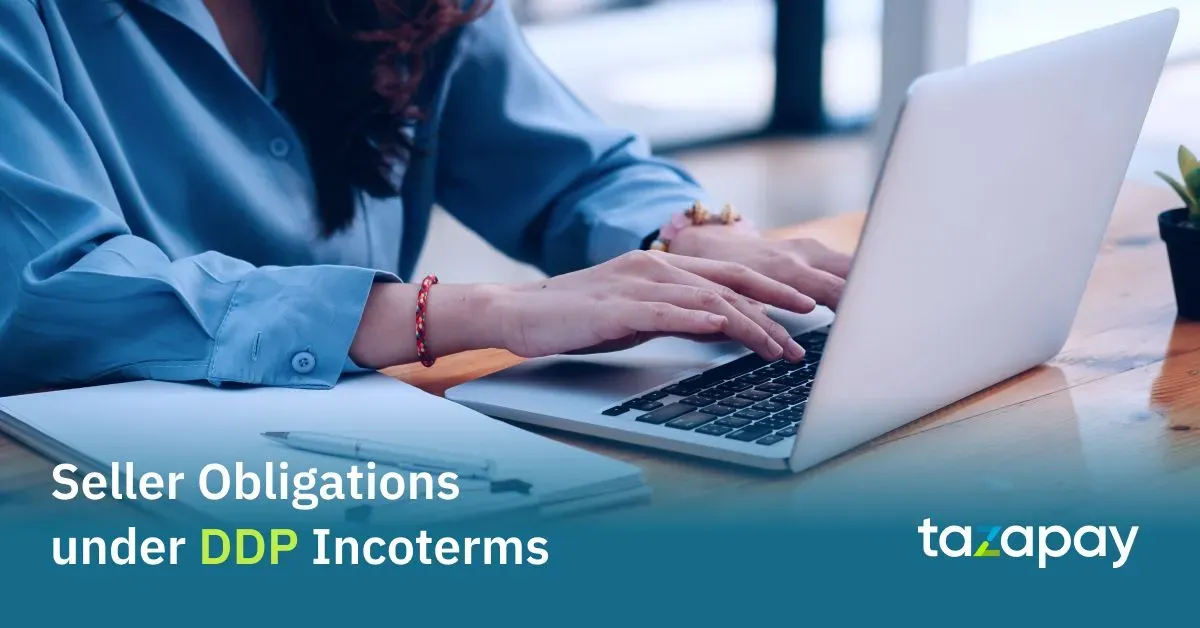- Home
Blog Blog
Customs & Incoterms Customs & Incoterms
DDP: Meaning and Usage
DDP: Meaning and Usage

The widespread use of the Internet and mobile devices, and the opening up of economies across the world have imparted a major boost to international trade. Small and medium businesses stand to profit due to the easy availability of quality goods and newer markets. While the total volume of international trade and cross-border deals only continues to grow, the potential for disputes due to varying import and export conventions and due to varying interpretations of guidelines is also quite high. To prevent this, the International Chamber of Commerce established the Incoterms (International Commerce Terms) which establishes a clear understanding and interpretation of shipping terms and lays out the risks and responsibilities of all the parties involved.
DDP meaning in shipping
The term DDP in shipping refers to the term “Delivered Duty Paid”. This is an agreement wherein the costs, risks, and responsibility of the goods lie squarely with the seller till they are delivered to the buyer’s doorstep or are transferred to the buyer at the destination port, agreed upon by both parties. This means that the seller incurs the cost of shipping, customs, export/import duties, insurance, etc. The responsibility and risks of the goods are transferred to the buyer only after they are received by the latter at the agreed location.
It also means that the seller shall be responsible for arranging transportation and dealing with all the documentation involved in both export and import of the goods. A DDP agreement greatly benefits the buyer who assumes minimal risks.
A DDP agreement helps the buyer ensure that:
- - The seller arranges for timely dispatch and for space on the container/ship
- - The seller assumes the cost of export/import duties and customs
- - The seller incurs all insurance charges during transportation
DDP and DDU
DDP, or Delivery Duty Paid, is when the merchant agrees to pay all customs, duties and fees on a shipment. Generally speaking the shipping carrier you have contracted with will handle most of the customs and duties and bill you the total. However, you remain responsible for ensuring that you are meeting all requirements.
DDU stands for Delivery Duty Unpaid. In this scenario, an international e-commerce merchant takes responsibility for the shipment until its arrival in the destination country. Depending on the country’s customs legislation, the buyer is responsible for customs clearance. Often the buyer will be contacted by a customs authority and required to pay these duties before receiving their shipment.
Ex Works and DDP
Another shipping term that you must be familiar with is Ex Works (EXW). Understanding the Incoterms EXW meaning helps the seller negotiate favorable terms when it comes to international trade. Ex Works agreement allows the seller to have the goods ready and packaged at the seller’s shop, showroom, factory, or depot. Unlike DDP, the responsibility for loading, transporting, shipping, export, import, and insurance of the goods rests solely on the buyer. The costs involved, the documentation necessary, and the risks of the transportation are all borne by the seller in this case. The transfer of goods takes place at the seller’s location of choice.
Online escrow service providers like Omoney, take into account the terms of the agreement or deal between the buyer and the seller. DDP, DDU, Ex Works – whatever the terms negotiated between the two parties, once proof of its fulfilment is furnished, the escrow account transfers the payment amount into the vendor or seller’s account. As a buyer, seller, or business owner looking to trade or expand markets overseas, it is very important that you have clarity on the Incoterms to effectively negotiate favorable terms.
Category

Customs & Incoterms
DDP: Meaning and Usage
Related Articles

DDP vs. DAP vs. DAT: Understanding the Difference

2010 vs. 2020: What Has Changed in Incoterms






